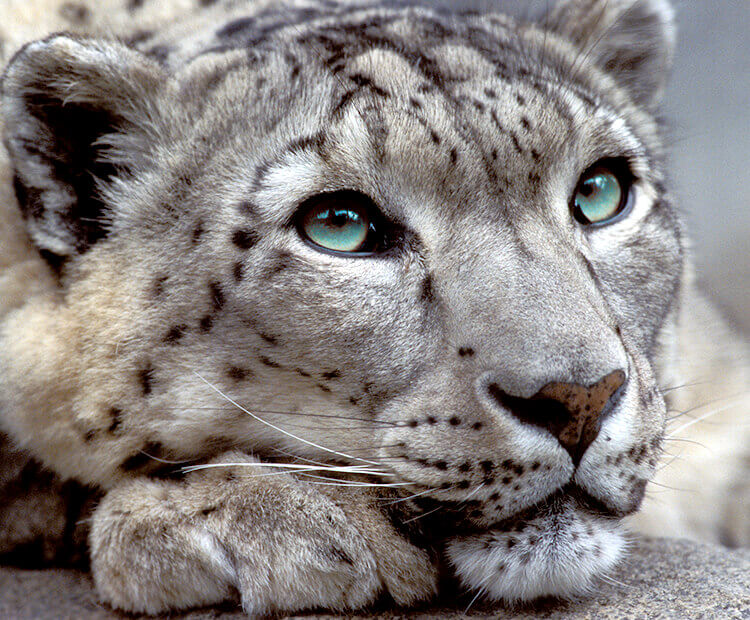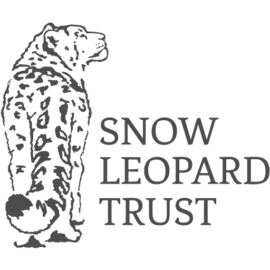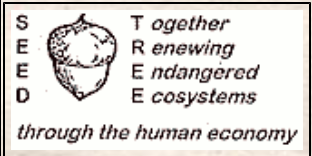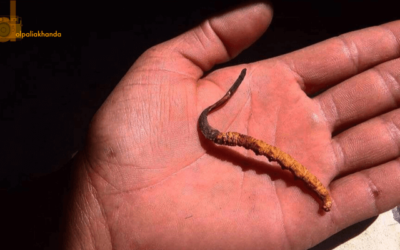Help Us Enrich Our Beautiful Planet
For All of Us
Let’s work together to protect biodiversity.
People Need Nature
The actions we take today will define the planet’s path over the next century. People need nature — and for over 12 years, the Himalayan Conservation & Research Institute has worked to protect it. Nature and wildlife are our most fundamental infrastructural bricks and we must thrive with them.

Life Impacted
Scholarships
Projects & Publications
Tree Planted
We Have the Power to Impact Our Future, and We’re Doing Something About It
Himalayan Conservation and Research Institute (HCRI), formerly known as Youth for Nature (YFN), is a non-governmental, and not for profit organization established by a team of young socio-ecological researchers and conservationists from Nepal with the aim of promoting science-based conservation of natural resources in Nepal and beyond..
Featured Research
Rural coping and adaptation strategies for climate change by Himalayan communities in Nepal
Nabin Dhungana, Nisha Silwal, Suraj Upadhaya, Chiranjeewee Khadka, Sunil Kumar Regmi, Dipesh Joshi, Samjhana Adhikari Keywords: Climate Change, Community Forest Users Group, Index of Usefulness of Practices for Adaptation (IUPA), Adaptation Measures Abstract Climate...
Support Them
Our Top Priorities
At HCRI, we are driven by the holistic approach for our action to achieve the sustainability in all our working areas. These are our current tenure top priorities.
Education
We believe learning happens everywhere with immersive experiences in nature and full mentorship programs. In order to create a generation of conscious global citizens who care about the planet and respect the environment. To create the future for our youth, We have published various books, established various libraries around the Nepal and provide current hands-on workshop.On top of that HCRI has provision of providing financial scholarship to the individuals to complete their study.
Snow Leopard Conservation
The number of the snow leopard is declining because of habitat degradation and fragmentation, reduction in natural prey due to illegal hunting as well as competition with livestock, the retaliatory killing of snow leopard, lack of awareness and lack of transboundary efforts, and HCRI actively engage upland communities as stewards for the snow leopard, its prey and habitat, provide veterinary training to local livestock herders and create conservation awareness on local people.
Livelihood
HCRI Livelihood action include holistic approach encompassing many components of health, education, skills training, capacity building and awareness. The projects work in sync with government development programmes and facilitate linkages to public services and schemes for the project beneficiaries.
Wildlife
Animals and plants have always had a hard time surviving. Scientists estimate that over two thirds of the animals and plants that once lived on Earth are now extinct. The reason for this is the combination of natural and man-made causes. At HCRI we are dedicated to conserve threatened wildlife and wild places.
Forest
We know forests are home to more than three-quarters of the world’s life on land. Approximately 750 million people, including 60 million Indigenous people, live in forests, too. HCRI is working to align the focus to conserve the forests to sustain nature’s diversity, benefit our climate and support human well-being.
Latest News
Rural coping and adaptation strategies for climate change by Himalayan communities in Nepal
Nabin Dhungana, Nisha Silwal, Suraj Upadhaya, Chiranjeewee Khadka, Sunil Kumar Regmi, Dipesh Joshi, Samjhana Adhikari Keywords: Climate Change, Community Forest Users Group, Index of Usefulness of Practices for Adaptation (IUPA), Adaptation Measures Abstract Climate...
यार्चाकुम्भुले अर्थतन्त्रमा पारेको प्रभाव!
गैहिमालि भेगमा बसोबास गर्ने जनताको मुख्य आयस्रोत को रुपमा रहेको यार्चाकुम्भुले मान्छेको जीवनस्तर उकास्न धेरै सहयोग गरेको छ । अव्यवस्थित यार्चाकुम्भु सँकलनले प्रकृतिमा नकरात्मक असर पारेपनि यस्ले स्थानिय जनता र राज्य दुवै लाई आर्थिक रुपमा सकरात्मक असर गरेको देखिन्छ ।...
कोरोनाकालमा यार्चाकुम्भु संकलन
यार्चाकुम्भु हिमाली बासिन्दाको आयको मुख्य स्रोतका रूपमा स्थापित भैसकेको छ । पछिल्ला केही वर्षमा यार्चाकुम्भुको मूल्य अनपेक्षित रूपमा बढिरहेको छ । मूल्यवृद्धिसँगै यसैमा निर्भर हुनेहरू पनि बढिरहेका छन् । हरेक वर्ष जेठको पहिलो हप्ताभित्र विभिन्न जिल्लाका संकलनकर्ता...
Partners & Sponsors









